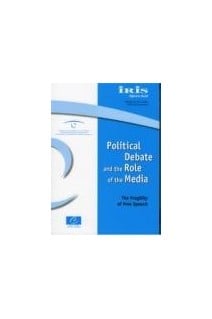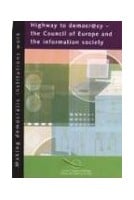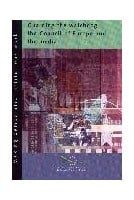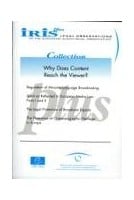This IRIS Special examines the significant issue of whether the media should be doing what they are able to do when it comes to political debate. The issues raised are not new but the context in which they arise has been altered by the continuing development of technology. Modern technology is opening up new and diverse ways in which the media can be used in political debate, for good and for ill. Niklas Luhmann's pivotal question: "How do the mass media construct reality?" is a question that poses itself in a new guise. The explosive nature of the topics being addressed knows no geographical bounds. The questions being asked are extremely pressing on all five continents. However, the publication concentrates on the European debate, and, as a comparison, refers to the system developed in the USA to cater for political discourse. The publication contains individual reports on nine European countries: Switzerland, Spain, Finland, Ireland, Italy, Kosovo, the Netherlands, Poland and Russia.Key questions of this IRIS Special:* Does a politically motivated television advertisement constitute political speech, and so a type of discourse that should enjoy specific protection? Or is it a case of straightforward advertising?* What should the state actually be doing to safeguard our right to freedom of expression? Should it use the law, or even institutions, to make sure the public is given certain information?* Could there ever be any justification for restrictions of the right to freedom of expression? Should the state prohibit the media from distributing messages if they are put out by terrorists?* Which of the limits placed on the media - and thus on freedom of expression - as part of the campaign against terrorism are actually necessary and justified? * Media can be used to manipulate the political debate. What are the legal consequences thrown up by such a scenario?* How do we decide whether the media are simply being provided as a forum for free expression or whether they are being abused for illegitimate purposes?* Does the law guarantee that abuse for illegitimate purposes will not occur? Indeed, is it able to do so?












